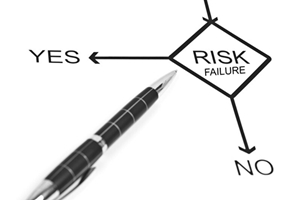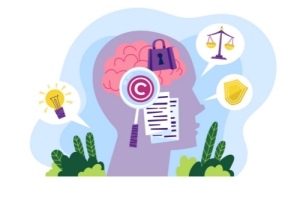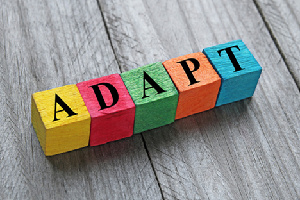Hello and welcome back to the Skills 360 podcast. I’m your host, Tim Simmons, and today, I want to look at how to prepare for an interview in English.
When I say “prepare,” I’m not talking about making an appointment at the hair salon or picking out a clean shirt. I’m talking about doing some research, anticipating what you’ll be asked, and practicing how to respond. Yeah, I know I’m always going on about preparation, but this time, it’s not just a suggestion, it’s essential. If you do it right, you’ll be able to head into the interview feeling relaxed and confident. And that will increase your chances of landing the job.
Now, here’s the thing: most interviews cover the same basic territory. Sure, you might get a couple of curveballs, but for the most part, you can predict what questions you’ll be asked. And that means you can plan your answers. I don’t mean script your answers. It’s pretty tough to appear authentic and natural while delivering a memorized response. But you can outline your answers and practice your delivery.
So how do we go about doing that? Well, let’s start by talking about how to introduce yourself in an interview in English – the old “tell me about yourself” question. It’s amazing how many people are thrown by this question, or fumble through an awkward response as they wait for the real interview questions. But first impressions are important! And you need a good answer for “tell me about yourself.”
My advice is to keep it succinct, instead of rambling on. Keep it professional, but show passion. And keep it positive. And if you need a formula, try present-past-future. How does that work? Check out this example. “I’m currently a marketing manager with a medium-sized software firm. Since I was young, I’ve loved writing and design and all things tech. So in university, marketing felt like the perfect fit, and I went straight from college to IBM, where I worked for five years. I’m happy with what I’ve accomplished, but I’m really looking for a new challenge now, and I love what you guys are doing.” In that example, you heard me mention my current position, my educational and work background, and the change I want in the future.
If you master your “tell me about yourself” pitch, you can practice responding to the next most common English interview question: “what are your strengths?” First, a don’t: don’t give them a laundry list of random skills. Like “Well, I’m good at communication, organizing, teamwork, and I take the initiative all the time.” That’s totally forgettable.
Instead, choose two or three important strengths that relate directly to the position you’re applying for. Choose ones that will set you apart from others. And give some evidence. So if you’re applying for a marketing manager position, you might say: “People tell me that I’m a creative manager. I can motivate a team and make people feel appreciated. For example, our team recently tackled a tough project for a really demanding client…”
And did you notice that I said, “People tell me that I’m a creative manager?” It’s not just your opinion! You’re telling them that other people think so, too. Now, I wouldn’t necessarily take the same approach to the next type of question you’re bound to face, and which you probably dread answering: the “what are your weaknesses” question.
Yes, you’re sure to get this question in a job interview, so you’d better be ready for it. Three bits of advice: first, don’t choose something that’s actually a strength. I’m talking about the old “well, sometimes I’m too much of a perfectionist.” They’ve heard that before. It doesn’t fly anymore. Secondly, choose something that isn’t central to the position you’re applying for. Thirdly, talk about how you’ve worked to improve this weakness.
Let’s say you’re applying for a marketing manager position and you’re asked about a weakness. You might try something like this: “In the past, I’ve struggled with public speaking. Giving presentations to large groups of people, at a conference, for example, is a real challenge. That said, I’ve joined Toastmasters and I’ve been working hard to develop more confidence with this.”
Other good weaknesses to talk about? Being patient when working on a team, delegating responsibility, giving feedback, or analyzing data. If one of those isn’t central to the role, it could be a good one to mention.
All right, how about a quick recap of these tips? First, practice a good response to tell me about yourself that’s professional, passionate, positive, and succinct. Second, talk about strengths that are related to the job and set you apart from others. And third, talk about a weakness that doesn’t blow up your chances of getting the position and that you’ve worked to improve.
That’s all for today. So long. And see you again soon.















